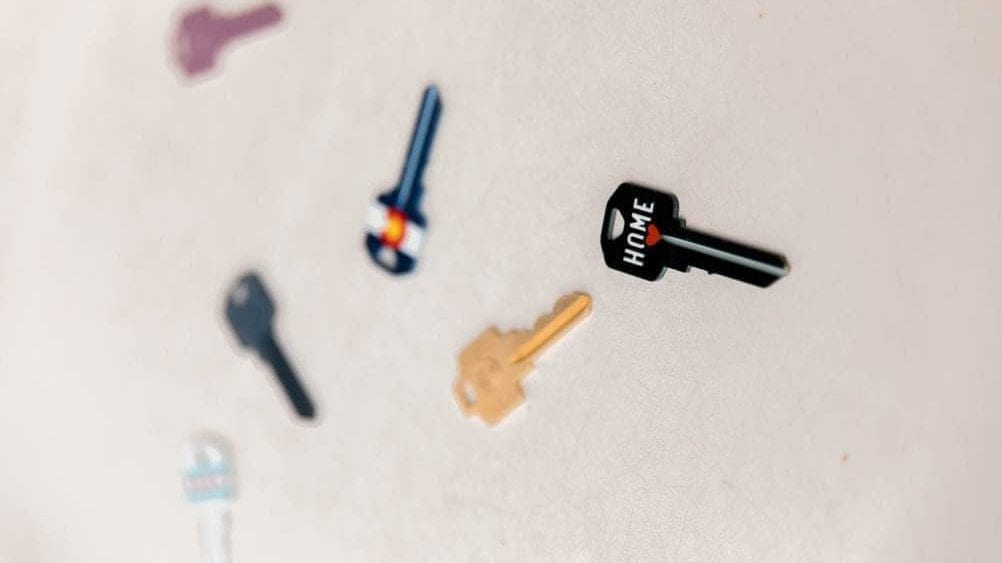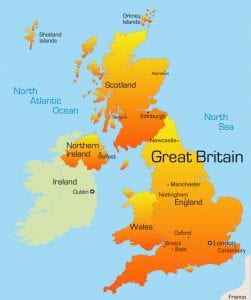Tenants are expected to become the majority in the housing market by 2039, due to soaring asking prices and unaffordable mortgages.
Currently homeowners make up 65% of the housing market, but this number has been on a steady decline for years.
This has led to what some have called Generation Rent, and according to research, this generation has different priorities. The urgency that boomers once had to own a home is now gone.
But where is cheapest to rent in the UK?
It is not a bad assumption to say the further away from London, the cheaper the rent, but go too high north and a few bargains may be missed.
For example, at the top of Scotland, a three-bedroom house will cost on average £771 a month to rent, although a very respectable price it is definitely not the cheapest.
Somewhere more central, like Renfrewshire, could be more wallet-friendly as a three-bedroom averages at £546.
However, if the capital is just too good to resist, Edinburgh averages at £1372 per month for a three-bedroom.
Venturing outside of Scotland, the north of England could be a worthwhile visit.
This area is especially good for people living on their own or couples, as a one-bedroom property averages at £364 per month to rent in County Durham and £372 in Stockton-on-Tees.
Staying in the north of England, young families looking for a two-bedroom property are also catered to quite well, with Northumberland coming in at £437 a month and Yorkshire at £509.
If being nearer London is a must, a three-bedroom house in Wokingham will cost you an average of £1,256 a month.
In places like Edinburgh and Wokingham, tenants still seem to be paying a large amount of money per month, but when compared with buying the same sized property, it is clear why many people choose to rent. To buy a three-bedroom house in Wokingham will cost a £25,588 deposit, plus average mortgage repayments of £1,700 a month.
To many, this is just not realistic.
21-year-old, Mairi-Theresa O’Donnell, explains her unique solution to overcome this generation’s inability to buy.
I currently rent from my mum so that I can buy her house off her in the future, because it’s harder to get a mortgage at this age. I wouldn’t be able to buy as a single person so I would need someone with me.
I used to rent and then my mum told me about her plan. We then moved into that [house] because it’s cheaper to do that for her.
This is just the beginning of unrealistic standards, as the same type of house, but in Westminster, requires a £86,000 deposit on average.
However, the research also shows that it is not just for money that people are renting more often these days.
Tenants are having good experiences with their landlords, enjoy not being tied down by a mortgage and are pleased with their accommodation.
To millennials, renting is not seen as a failure but actually more secure than owning a home due to the added flexibility.
Landlords have taken note of the changes as the number of properties being rented in the private sector increased from 2.8 million in 2007 to 4.5 million in 2017.
With new laws introduced in the past year to protect tenants from unnecessary fees and rogue landlords, being a tenant has never seemed such an easy option.







